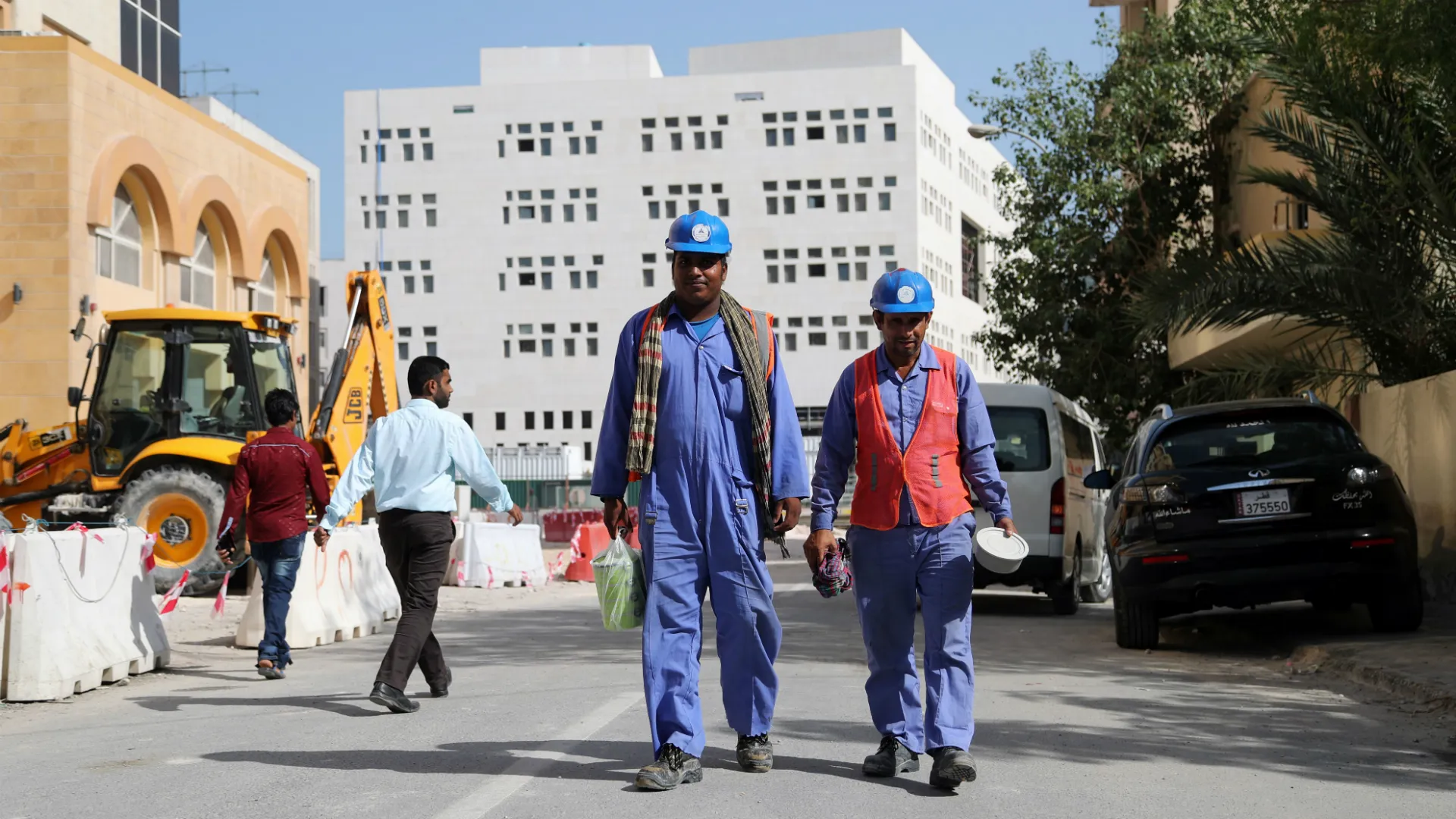

Kingdom Abolishes 50-Year-Old Sponsorship System in Major Move
In a historic and sweeping labor reform, Saudi Arabia has officially abolished its decades-old Kafala sponsorship system. This decision dismantles a 50-year-old framework that legally tied millions of migrant workers to their employers. The move is a monumental step toward improving labour rights and migrant welfare in the kingdom. This reform is expected to directly impact an estimated 13 million foreign workers, granting them significant new freedoms and bringing the nation's labour laws closer to international standards.
End of an Exploitative Framework
The Kafala system, which means "sponsorship" in Arabic, was introduced in the 1950s. It was designed to supply cheap foreign labor to build the oil-rich Gulf economies. Under this system, every migrant worker, from domestic help to construction labourers, was required to have a local sponsor, or Kafeel. This sponsor had near-total control over the worker's employment and legal status.
Over the decades, the system became notorious for widespread abuse. Employers held the power to seize workers' passports, withhold wages, and deny their requests to change jobs. Most critically, a worker could not leave the country without an exit visa granted by their sponsor. This power dynamic trapped many in exploitative or abusive conditions with no legal way out. Human rights organizations frequently condemned the system as a form of "modern-day slavery" that enabled forced labor.
New Freedoms for Migrant Workers
The new reforms replace the sponsorship model with a modern, contract-based employment system. This change fundamentally shifts the power balance and grants workers control over their own lives. Under the new framework, migrant employees will be able to change jobs after their contract ends without needing their current employer's permission.
Perhaps the most significant change is the elimination of the exit visa requirement. Workers will now be free to leave the country as they wish, ending a restriction that was often used to threaten and control them. Additionally, the reforms promise expanded access to labor courts and complaint mechanisms. This will allow workers to report violations and seek justice more safely.
Part of a Broader National Vision
This major decision is a key part of Crown Prince Mohammed bin Salman’s Vision 2030. This ambitious national plan aims to diversify Saudi Arabia’s economy, reduce its long-standing dependence on oil, and project a more modern, progressive image to the world. The reform follows years of intense international pressure from the International Labour Organization (ILO) and other rights groups. It also comes after similar moves by other Gulf nations, such as Qatar, which modified its own labor laws ahead of the 2022 FIFA World Cup. By ending Kafala, Saudi Arabia hopes to become a more attractive destination for skilled professionals and foreign investment.